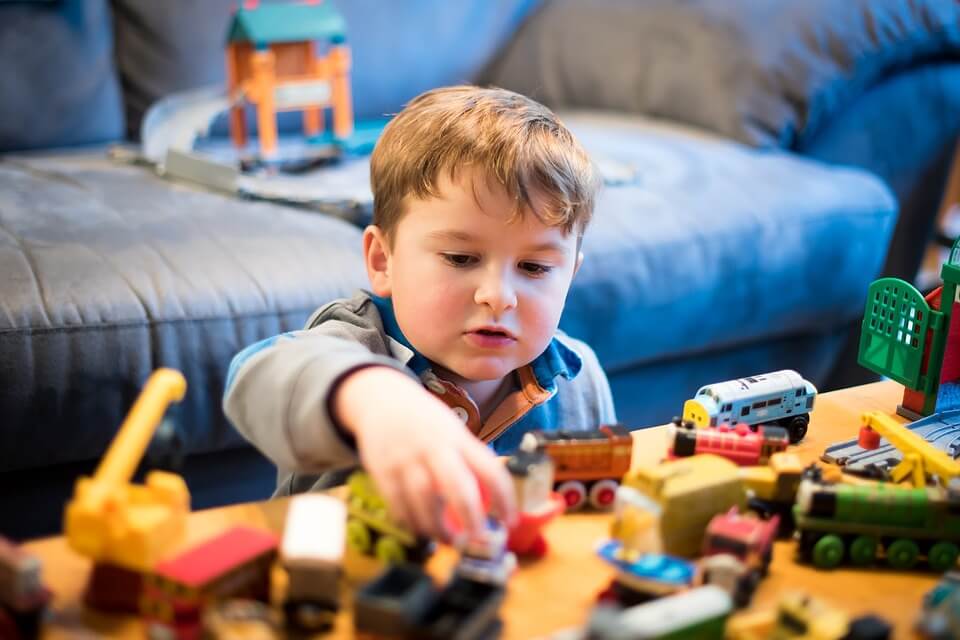During the years between ages 6 and 12 a child undergoes a lot of physical growth as well as mental and emotional growth. These are the years in which a child becomes capable of undertaking a large number of tasks for himself and will begin to become somewhat independent.
During these years education is a priority as well as ensuring the child’s physical growth progresses at an acceptable rate.
For physical health good nutrition is essential to promote the strengthening of bones and to increase muscle mass. He will ask more of his body as he runs, skips, jumps and involves himself in more rigorous play and competes in team sports. This may result in simple injuries such as grazed knees and hands, cuts, bruises and even broken arms and legs as he pushes his body to new limits. Having a good physician to attend to his injuries is vital during these years.
A child will gain an enormous amount of knowledge through formal education during these years, as well as master a number of skills including and not limited to the ability to not only read well but also to spell, write, calculate mathematic problems and more. The art and music he was introduced to during his early years will be built up to a level where he will be able to draw images that are a better representation of what they are supposed to portray, with images having more detail than he was capable of when a toddler.

During his formal education a school-age child will learn proper etiquette within the classroom, along with how to address his teacher appropriately. He will be expected to undertake simple tasks to show that he can conduct himself well in a classroom environment. He will be expected to participate in discussions and to be able to answer questions correctly when asked by his teacher. He will also learn to be patient and allow other students to have their turn while he waits for his.
Sports, both team and individual, will be featured in his school day. Physical education, while not taught as a specific subject in most elementary schools, is included at least a few times in a typical week, where a teacher will instruct children on how to play particular sports, ball skills and other recreational sport skills that will improve hand and eye coordination as well as balance and more. In addition the child will have ample opportunity to gain exercise and skills in the playground during lunch and other breaks throughout the day.
The education a child receives during these years will provide him with the basic knowledge and skills required for when he attends middle school and/or high school. He will receive a well-rounded education that will include some science, geography, mathematics, English literature, art, music, and others as offered by the school he attends. It will be during these years that any learning disabilities will come to the attention of his teacher and the parents will be advised so that the teacher and parents can work together to address the special needs the child has.
On the home front it is typical for a child of school-age years to be made responsible for simple tasks such as taking care of his own hygiene, although this is likely to be under the supervision of a parent during the earlier years. Once he exhibits an ability to undertake these tasks unsupervised the parent will likely check periodically to ensure he is continuing to take care of his teeth and basic hygiene as taught. Chores may be introduced to a child of school-age years. Such tasks may range from as simple as setting the dining table before the evening meal, to washing and/or drying dishes, unloading the dishwasher and putting clean dishes in their proper places, making his own bed, keeping his room tidy and taking out the trash. This is largely dependent upon whether the parents wish for their child to undertake chores and may or may not be rewarded monetarily. The concept of ‘stranger danger’ should be discussed in more depth during these years when the child is at a higher risk of abduction. He should understand clearly that he is not to go with a stranger even if told that his parents have condoned it. He should also be fully conversant with road safety guidelines.

Children of this age may be given ‘pocket money’ in exchange for undertaking simple tasks within the home. It is during these years that a child is likely to begin to understand the concept of work for pay, and the value of money on a basic level i.e. his ‘pocket money’ doesn’t buy him much so he needs to think carefully before spending it all. His parents may introduce him to the concept of saving money so that he can buy a more expensive item once his monetary goal has been reached.
The beginning of puberty is likely to bring on some emotional changes towards the latter part of this age range, and this could cause some turmoil within the home. The child may not understand his emotions as easily as he once did, finding himself angry or sad for no particular reason. He may begin to feel an attraction to the opposite sex and begin to explore new feelings that will confuse him. Basic sex education may be required depending upon his level of awareness of the changes occurring within his body. Furthermore discipline problems are quite common as children experiment what is accepted in society and the family.
Educational facilities need to be able to provide a child of this age range with a well-rounded education that will stand him in good stead for when he attends middle school and/or high school.
Attention should be given to any specific learning issues that may be discerned during these years and together with his parents, a plan put in place to address these issues with the goal to bring him back up to the level he should be at. This may involve extra teaching by a professional well-versed in the particular issue the child has, or it may only need some after-school tutoring to help over a learning hurdle.
Sports clubs, hobby clubs, music clubs, and clubs for other interests should be readily available should a child of these years show a special interest or aptitude for a particular interest, hobby or sport. A child should have the opportunity to explore any interest he wants to, even if it is typically not an interest that is geared towards his gender. Community playgrounds, sports grounds and recreational areas should provide ample room for a child of this age range to run and play safely, without risk of injury from playground equipment or poorly maintained facilities.